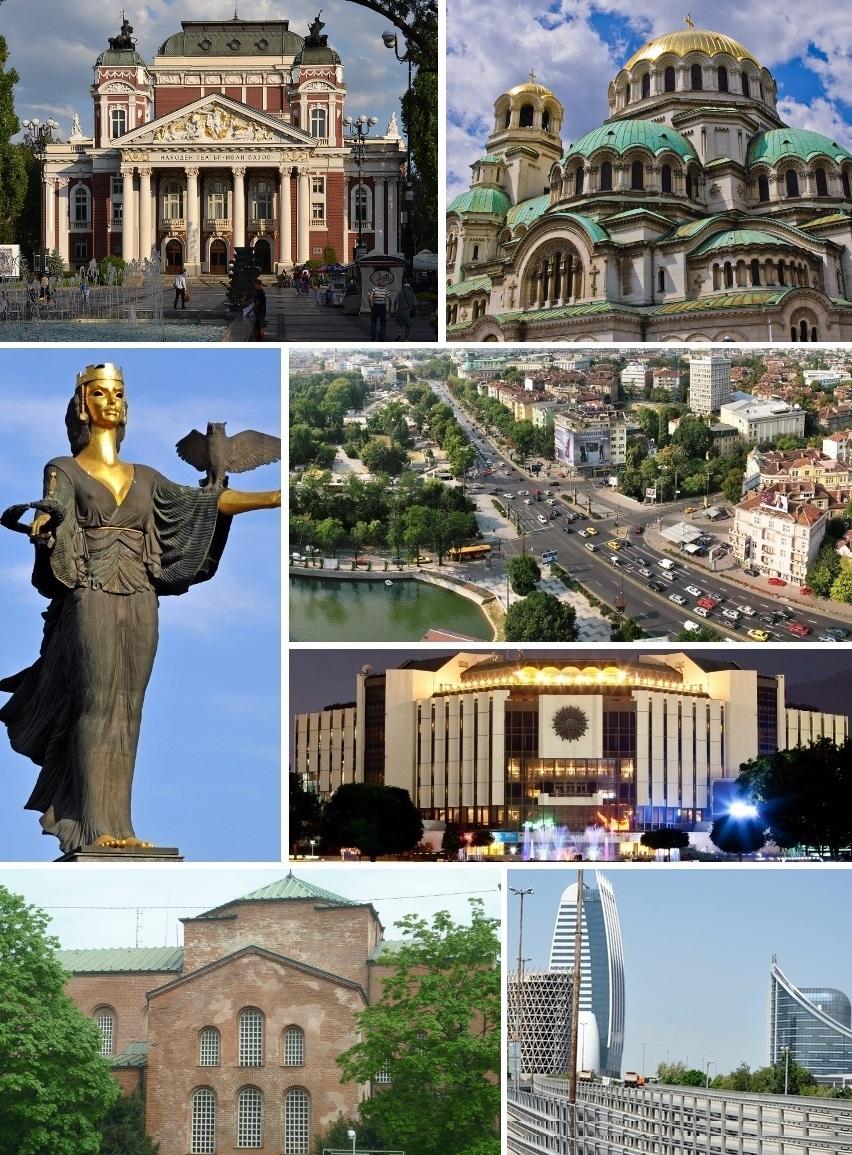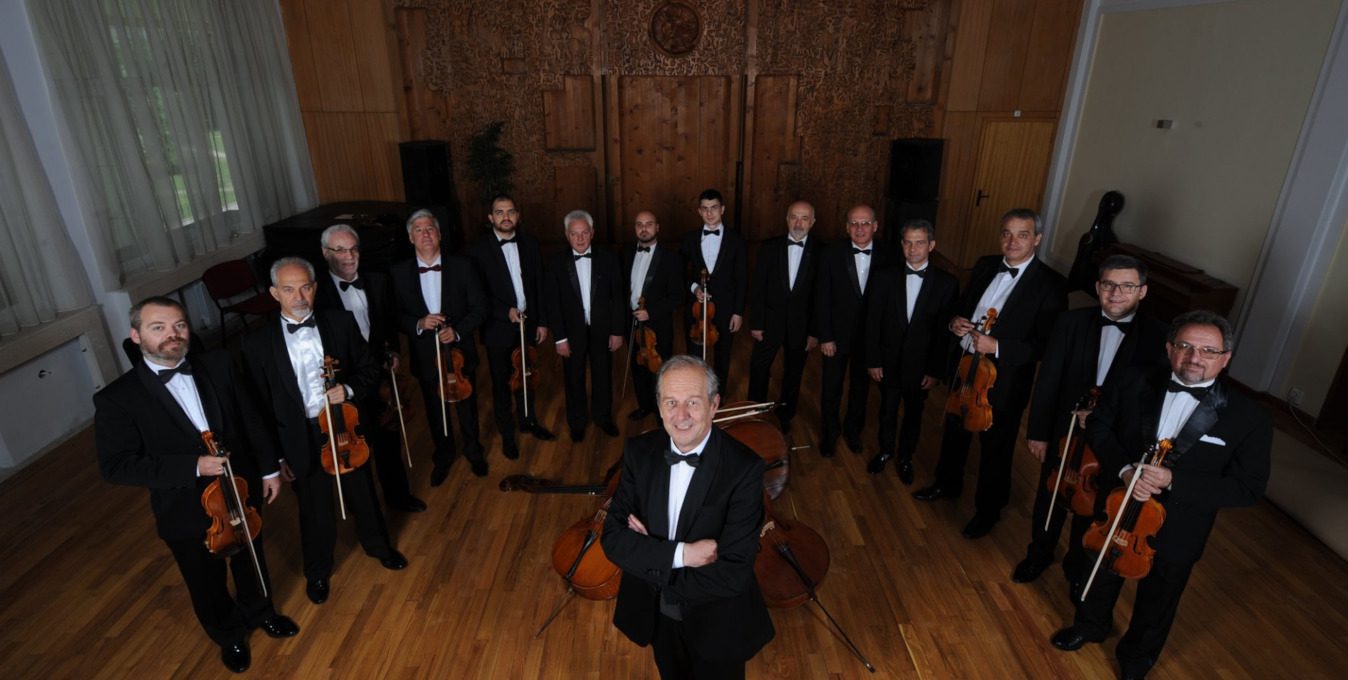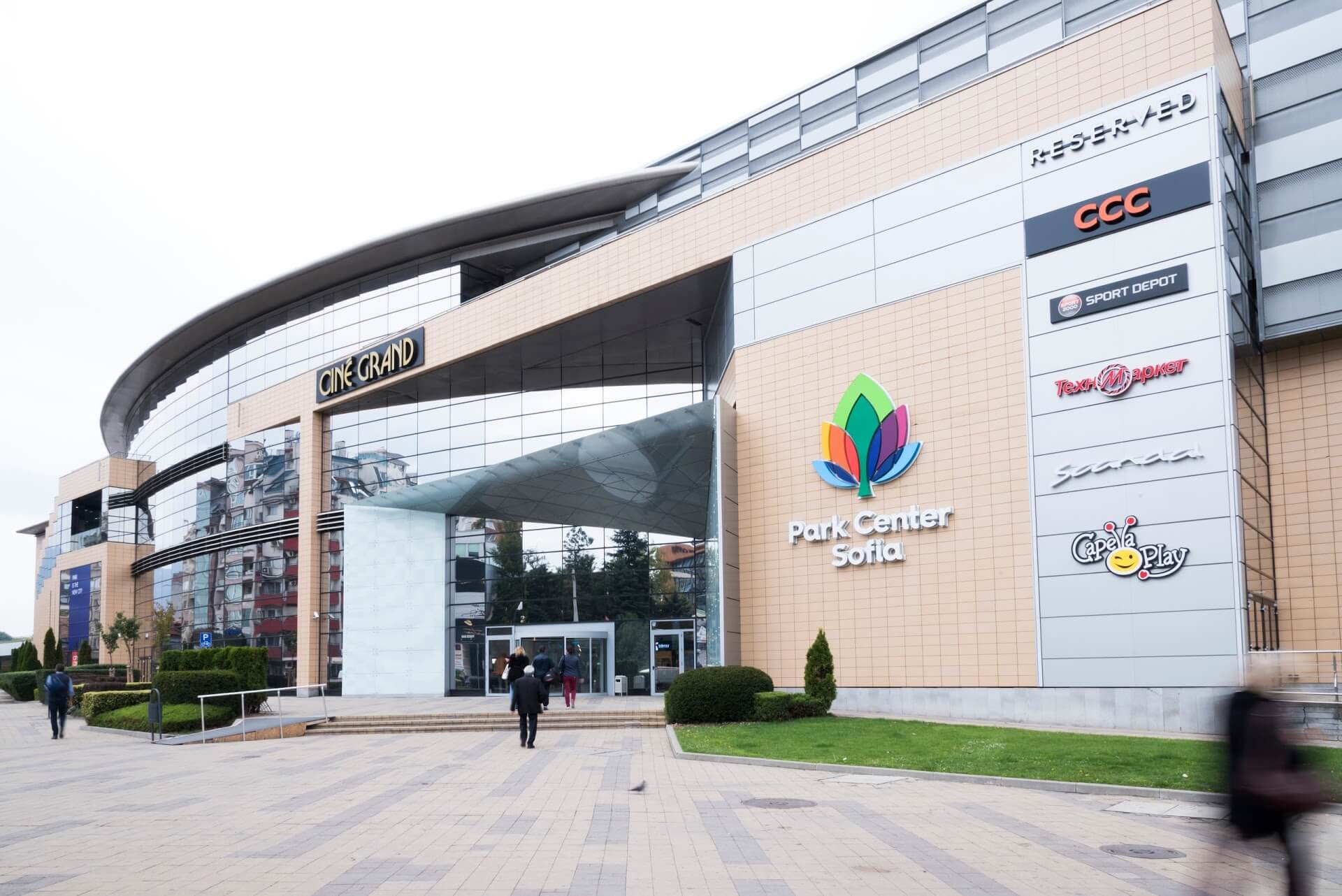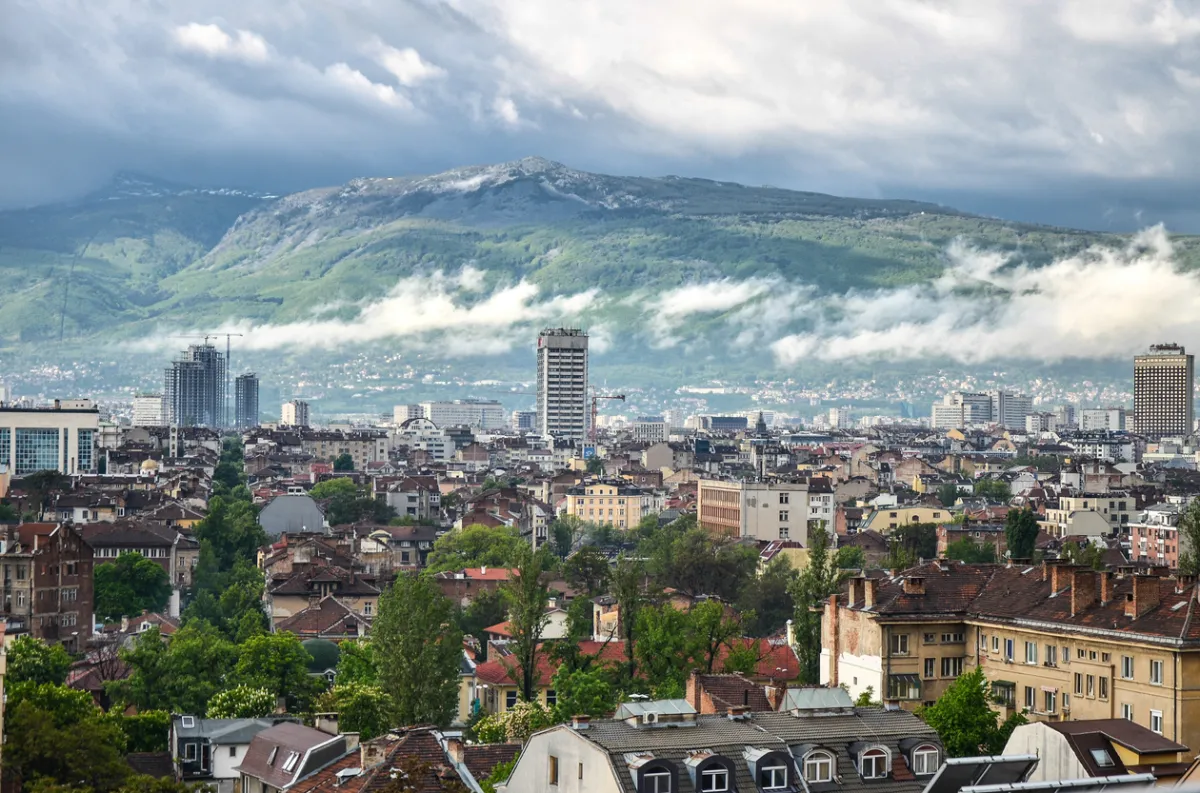Sofia - the heart of Bulgaria, where history meets modernity
Sofia, the capital of Bulgaria, is one of the oldest cities in Europe, where history is intertwined with modernity. Located in the heart of the Balkan Peninsula, Sofia has a rich cultural heritage reflecting different eras and influences. In this overview, we will explore key aspects of Sofia's cultural richness from architectural monuments and historical landmarks to current cultural events and traditions. We will learn how tradition meets modern trends and how the city continues to evolve while maintaining its unique identity.
Historical monuments of Sofia and their significance
Sofia, as one of the oldest capitals of Europe, is the keeper of many historical monuments, each of which tells its own unique story. Many of these architectural objects reflect the different eras and cultures that have left their mark on the Bulgarian lands. The following monuments stand out in particular:
- Alexander Nevsky Cathedral
One of the largest Orthodox cathedrals in the world and a symbol of Sofia, built in memory of Russian soldiers who died in the Russo-Turkish War (1877-1878). - Church of St. Sophia
The church that gave its name to the city dates back to the 6th century. It is one of the oldest Christian churches in Sofia. - St. George's Rotunda
Built in the 4th century, it is the oldest surviving structure in Sofia. Medieval frescoes have been preserved inside the temple. - Bojan's Church
Listed as a UNESCO site, this 11th century medieval church is famous for its unique 13th century frescoes. - National Palace of Culture (NPC)
It is the largest convention center in the Southeast and is a modern architectural landmark built in 1981. - Banya Bashi Mosque
The 16th century mosque, one of the few surviving Ottoman buildings in Sofia, was built by order of Sultan Suleiman the Magnificent. - Church of St. Paraskeva (Sveta Petka of Samardzija)
A small medieval church hidden among modern buildings in the center of Sofia, known for its unique architecture. - The ancient amphitheater of Serdika
The ruins of the ancient Roman city of Cerdica, which can be seen both outdoors and inside the buildings around.
Each of these monuments is not only a source of architectural beauty, but also an important educational resource for residents and tourists. They help to understand the historical processes that shaped Bulgaria's cultural heritage.
Cultural events and festivals in capital city
Sofia hosts a number of events each year cultural events and festivalsThe city has a variety of performances, exhibitions and festivals throughout the year. Throughout the year, the city offers a variety of performances, exhibitions and festivals. Some of the most popular events include:
| Festival name | Time of the event | Brief description |
|---|---|---|
| Sofia International Film Festival (Sofia International Film Festival) | March | One of the most important film festivals in Eastern Europe, presenting a wide range of international and Bulgarian films. |
| Sofia Art Fest (Sofia Art and Culture Festival) | March-April | A major cultural festival bringing together theater, music and visual arts. |
| Night of Museums and Galleries | May | The city's museums and galleries open their doors for overnight visits with free admission, offering special programs and exhibitions. |
| Sofia Music Festival (Sofia Music Weeks) | May-June | An international classical music festival featuring world-renowned performers and orchestras. |
| Sofia Spiritual Fest (Sofia Spiritual Fest) | September | A festival dedicated to sacred music and art, featuring performers from different countries and religious traditions. |
| Wine and Culinary Festival | October | A major gastronomic event dedicated to Bulgarian wines and traditional cuisine, with tastings and master classes. |
| Sofia Jazz Peak (Sofia Jazz Festival) | November | A festival dedicated to jazz, gathering famous Bulgarian and international performers. |
| Christmas Festival in Sofia | December | Annual celebration with Christmas fairs, cultural events and concerts in the main squares of the city. |
In addition, the cultural life of the capital is full of theatrical productions and film screenings. Local theaters and cinemas organize festivals where you can see both classic and modern plays and films.
Modern Sofia, Education and Science
| Name of establishment | Specialization |
|---|---|
| Sofia University "St. Kliment of Ohrid" | Humanities, natural sciences, law, economics, information technologies |
| Technical University of Sofia | Engineering disciplines, information technology, transportation, electronics |
| University of National and World Economy (UNWE) | Economics, finance, business, management, law |
| Medical University of Sofia | Medicine, dentistry, pharmacy, health care |
| University of Chemical Technology and Metallurgy | Chemical technology, materials science, ecology |
| Nov Bulgarian University | Social sciences, arts, business administration, information technology |
| National Academy of Theater and Film Arts (NATFIZ) | Theater art, film art, media and mass communications |
| University of Forestry | Forestry, ecology, landscape architecture, engineering disciplines |
| National Music Academy "Prof. Pancho Vladigerov" | Musical arts, conducting, instrumental and vocal arts |
| University of Architecture, Construction and Geodesy (UASG) | Architecture, construction, geodesy, urbanistics |
Tips for visiting: transportation and time of year to travel
When planning a trip to Sofia, it is important to consider the city's transportation options. Sofia has an extensive public transportation network that includes buses, streetcars and metro. Metro - It is the fastest and most cost-effective way to travel; it connects the city's main districts and -popular tourist spots. Also, it is worth paying attention to cab - they are available and convenient, but it is recommended to use trusted cab calling apps to avoid possible misunderstandings with fares.
As for the time of year to visit Sofia. spring и fall are considered to be the best seasons. During this time, the weather is mild, which creates comfortable conditions for walking around the city. Summer months can be hot, but cultural events and festivals attract many tourists at this time. In winter, especially in December, the city has a holiday atmosphere, but be prepared for cold weather and possible snowfalls.
Conclusion
Bulgaria's capital city, Sofia, is an amazing combination of historical heritage, cultural diversity and modern trends. The city offers many opportunities to explore its rich history through architectural monuments, museums and art galleries. At the same time, Sofia is actively developing, which allows it to attract tourists and locals not only with its cultural atmosphere, but also with its dynamic urban life. By visiting Sofia, one can not only enjoy its beauty, but also gain a deeper understanding of Bulgarian culture and traditions. Thus, Sofia is not just a capital city, but a place where history meets modernity, creating a unique atmosphere worth exploring.










